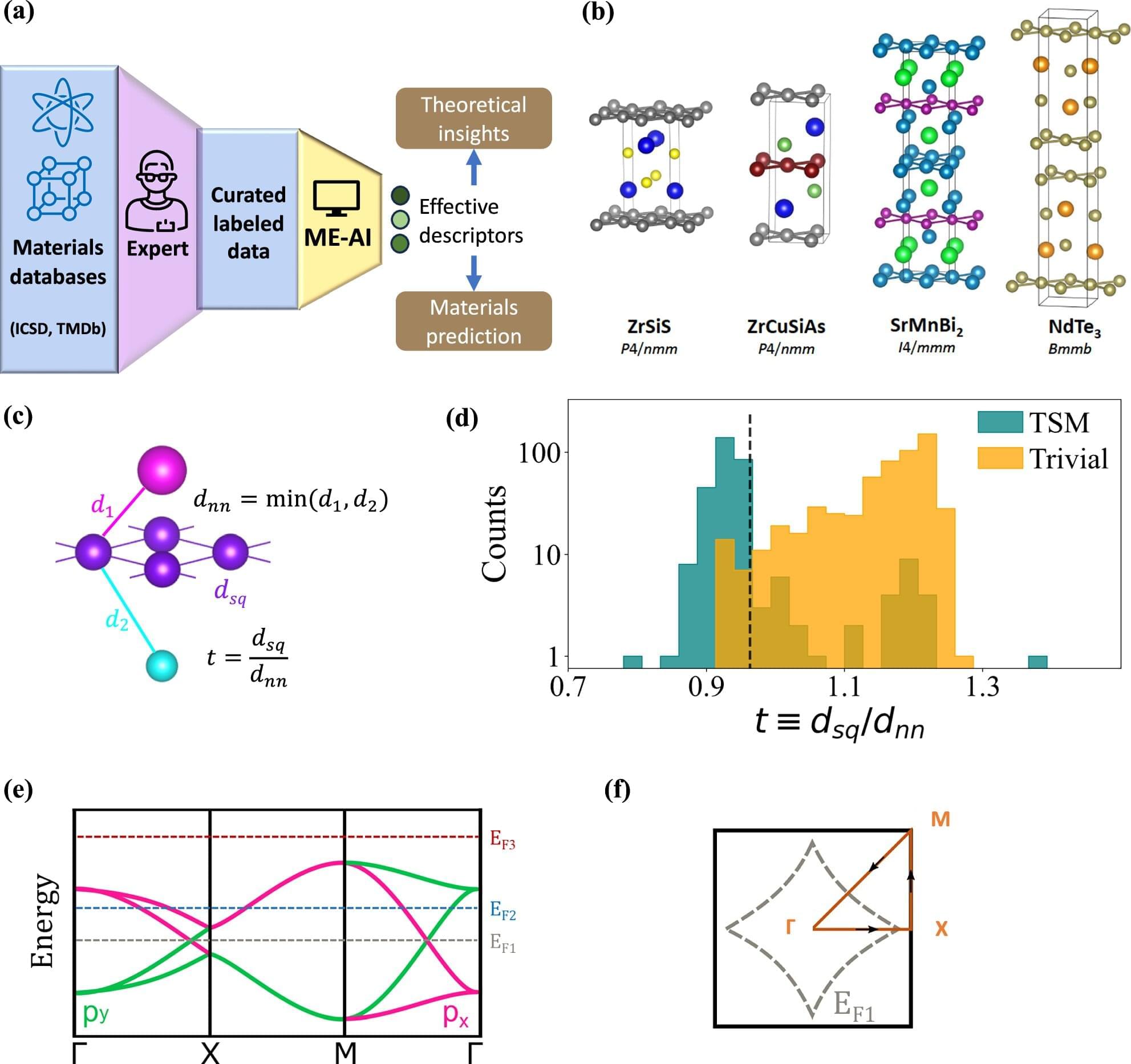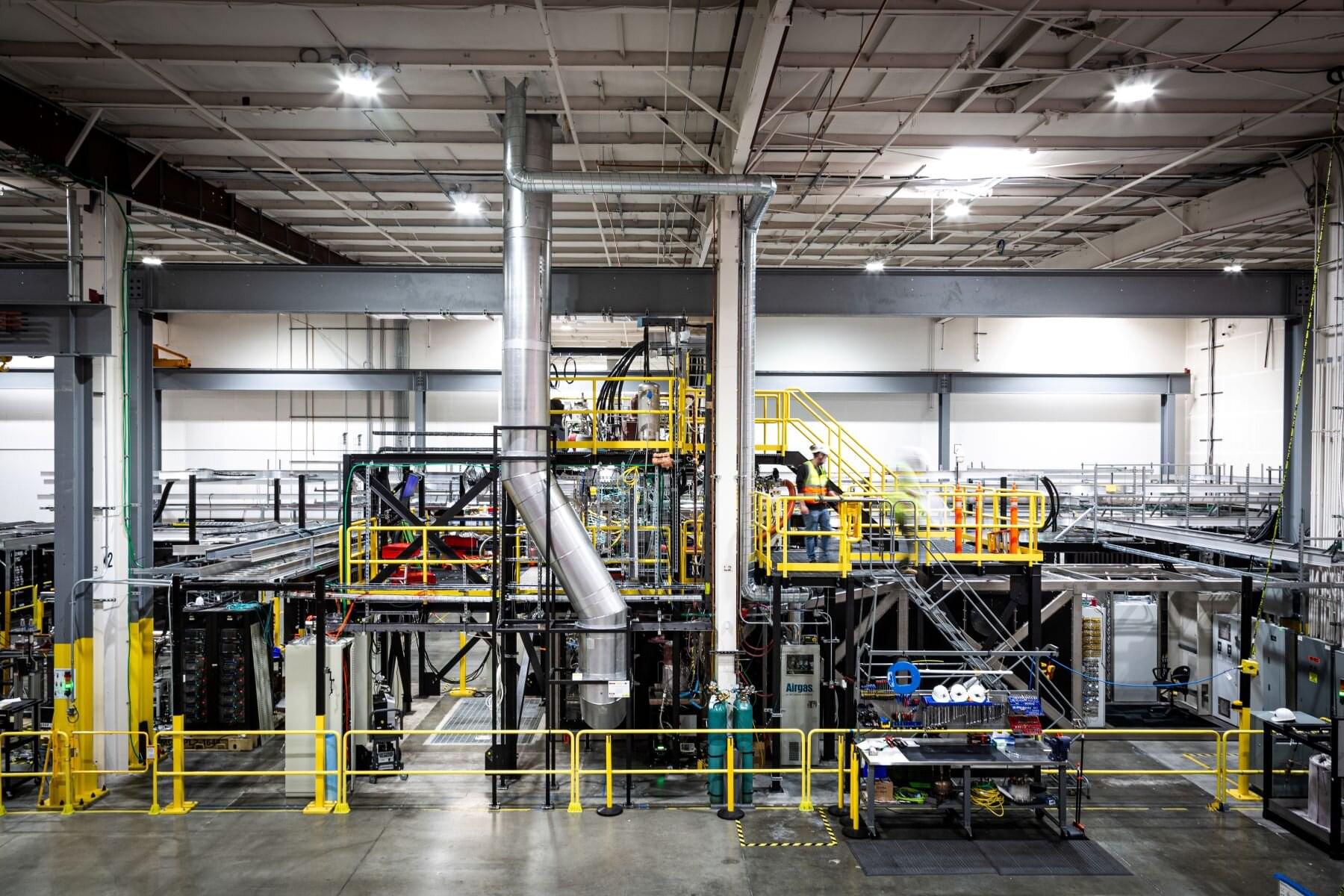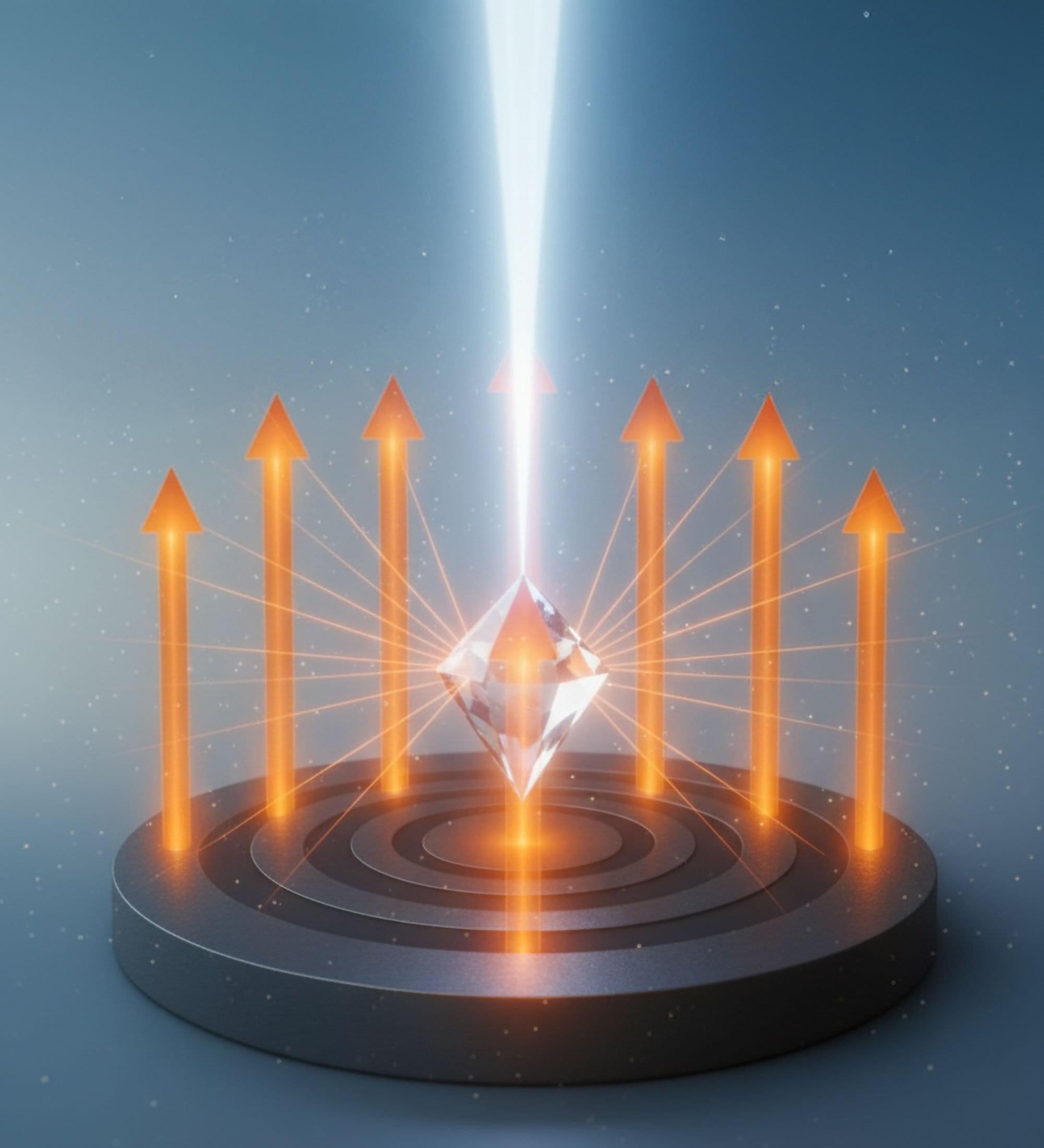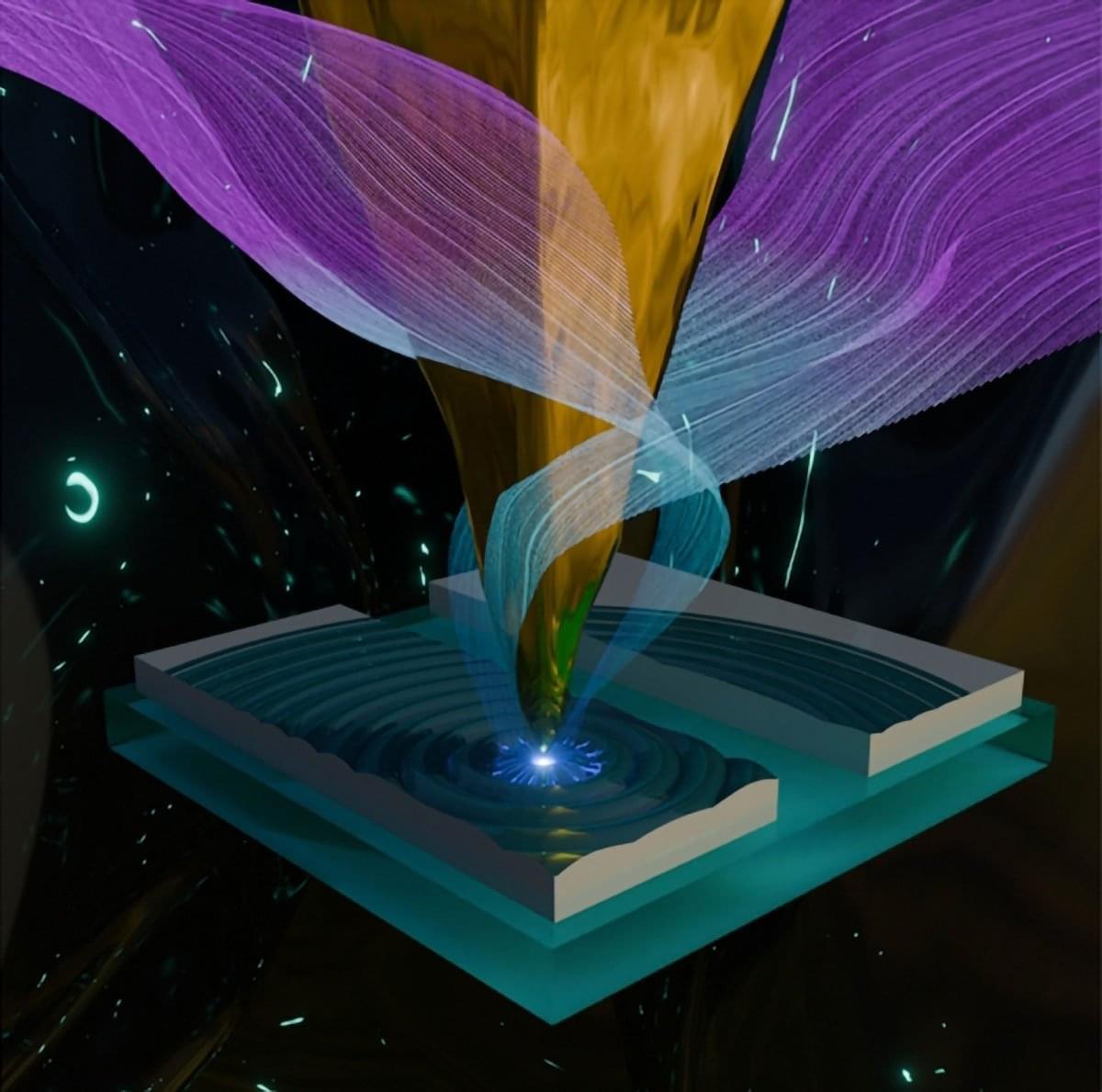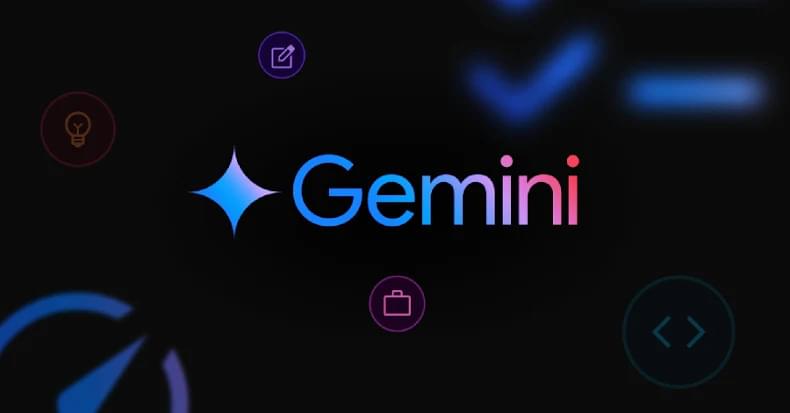Many properties of the world’s most advanced materials are beyond the reach of quantitative modeling. Understanding them also requires a human expert’s reasoning and intuition, which can’t be replicated by even the most powerful artificial intelligence, mixed with fortuitous accident, according to Eun-Ah Kim, the Hans A. Bethe Professor of physics in the College of Arts and Sciences.
Kim and collaborators have developed a machine-learning model that encapsulates and quantifies the valuable intuition of human experts in the quest to discover new quantum materials. The model, Materials Expert-Artificial Intelligence (ME-AI), “bottles” this intuition into descriptors that predict the functional properties of a material. The team used the method to solve a quantum materials problem.
“We are charting a new paradigm where we transfer experts’ knowledge, especially their intuition and insight, by letting an expert curate data and decide on the fundamental features of the model,” said Kim, director of the Cornell-led National Science Foundation AI-Materials Institute. “Then the machine learns from the data to think the way the experts think.”
